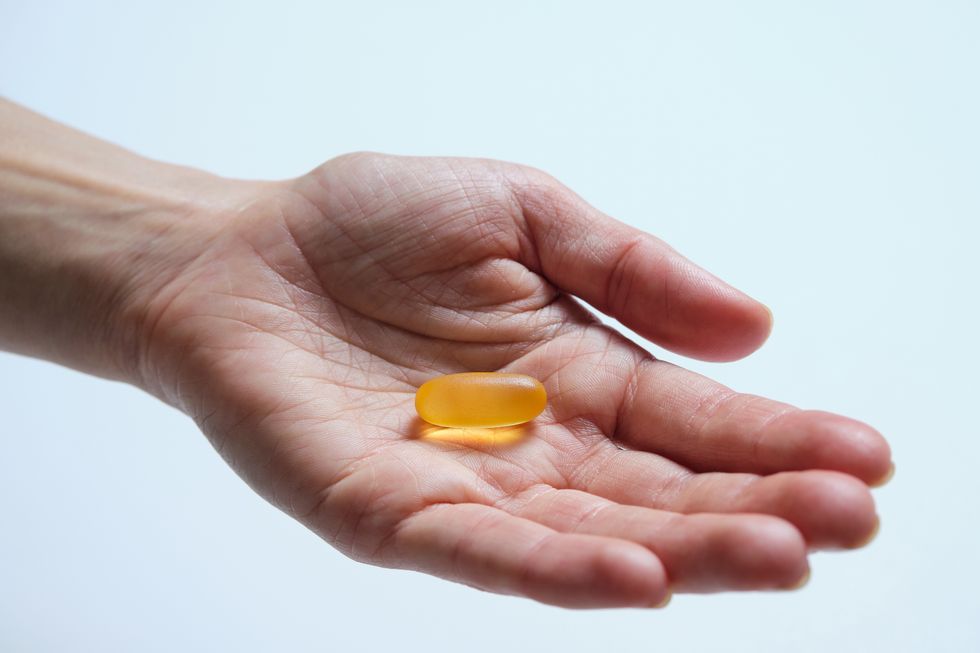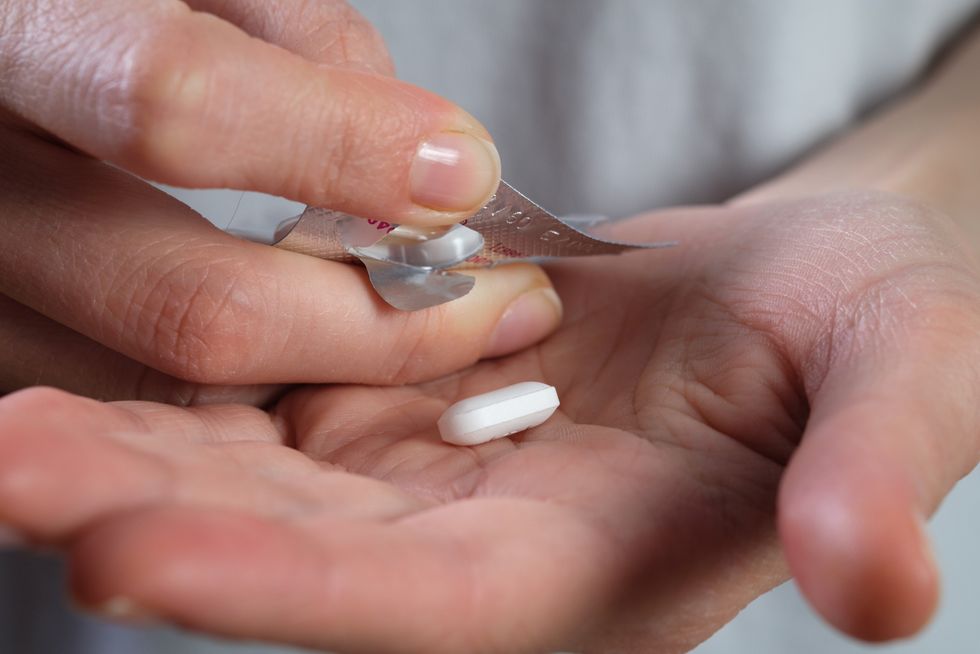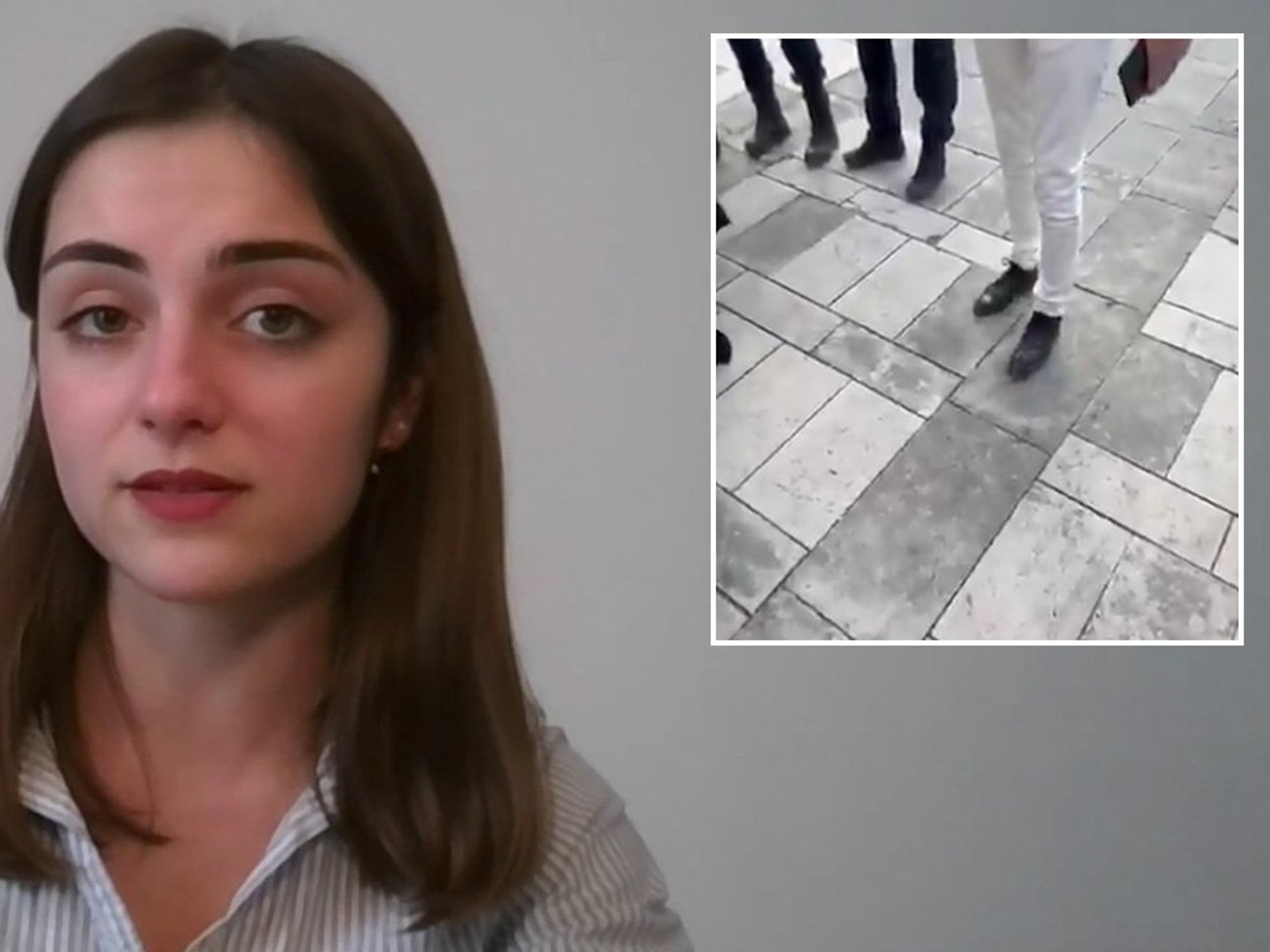Miracle supplement found to 'solidify' new memories within 24 hours in historic breakthrough

Caffeine supplement found to strengthen memories in 24 hours
|Grok/Getty Images

The finding sheds light on caffeine's potential role in memory retention
Don't Miss
Most Read
Latest
A miracle supplement might help "solidify" new memories within one day of taking it, Harvard Health reports, referring to a breakthrough study led by a team of researchers at Johns Hopkins University.
"We've always known that caffeine has cognitive-enhancing effects, but its particular effects on strengthening memories and making them resistant to forgetting has never been examined in detail in humans," said Michael Yassa, Assistant Professor of Psychological and Brain Sciences and senior author.
"We report for the first time a specific effect of caffeine on reducing forgetting over 24 hours."
Professor Yassa and his team conducted a double-blind trial in which participants who did not regularly eat or drink caffeinated products received either a placebo or a 200-milligram caffeine tablet five minutes after studying a series of images.

Caffeine enhances certain memories for at least a day after consumption, the researchers found
| Getty ImagesSalivary samples were taken from the participants before they took the tablets to measure their caffeine levels. Samples were taken again one, three, and 24 hours afterwards. The next day, both groups were tested on their ability to recognise images from the previous day's study session. On the test, some of the visuals were the same as those from the day before, some were new additions, and some were similar but not the same.
More members of the caffeine group were able to correctly identify the new images as "similar" to previously viewed images rather than erroneously citing them as the same. The brain's ability to recognise the difference between two similar but not identical items, called pattern separation, reflects a deeper level of memory retention, the researchers said.
"If we used a standard recognition memory task without these tricky similar items, we would have found no effect of caffeine," Professor Yassa said.
"However, using these items requires the brain to make a more difficult discrimination of what we call pattern separation, which seems to be the process that is enhanced by caffeine in our case."
This approach allowed researchers to isolate caffeine's specific effects on memory consolidation, ruling out potential impacts on attention or focus during the initial study phase.
Previous studies have also found links between caffeine and memory enhancement. A study published in Frontiers in Psychology revealed that caffeinated coffee improved cued recall performance by 30 per cent in college-aged adults compared to decaf drinkers.
Cued recall involves using prompts to retrieve information from long-term memory.
Another study in the Journal of Alzheimer's Disease found caffeine can improve working memory performance to some extent. However, it may hinder tasks heavily reliant on working memory.
LATEST HEALTH DEVELOPMENTS

Previous studies have also found links between caffeine and memory enhancement
| Getty ImagesThe same study noted caffeine's ability to boost performance when alertness is suboptimal.
These findings align with the Johns Hopkins research, suggesting caffeine's cognitive benefits extend beyond immediate effects.
What makes the Johns Hopkins research different from prior experiments is the subjects took the caffeine tablets only after they had viewed and attempted to memorise the images
"Almost all prior studies administered caffeine before the study session, so if there is an enhancement, it's not clear if it's due to caffeine's effects on attention, vigilance, focus, or other factors," Professor Yassa said.
"By administering caffeine after the experiment, we rule out all of these effects and make sure that if there is an enhancement, it's due to memory and nothing else."








